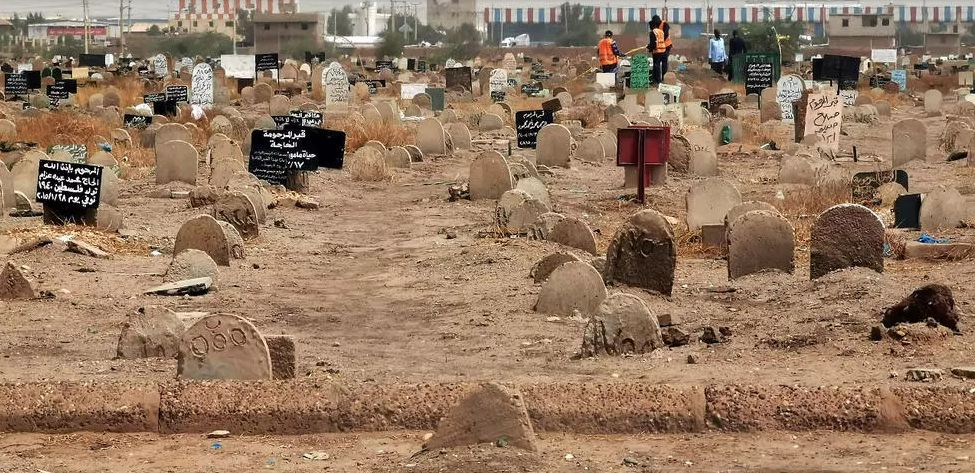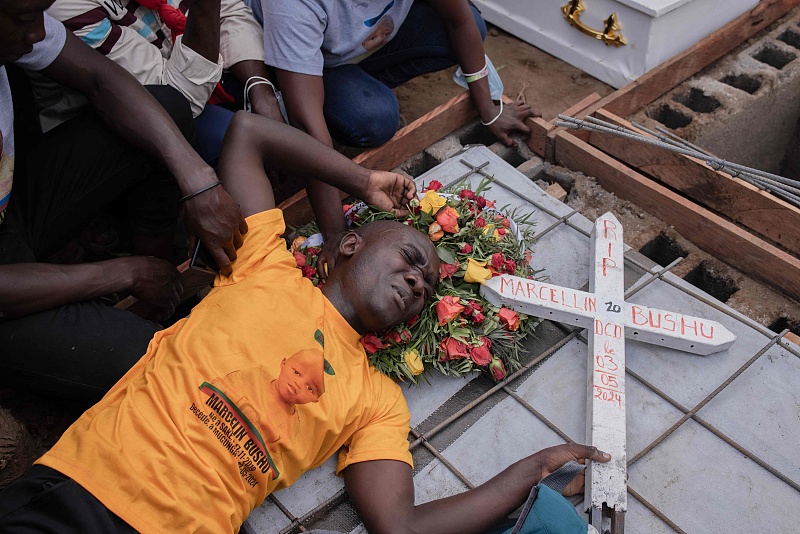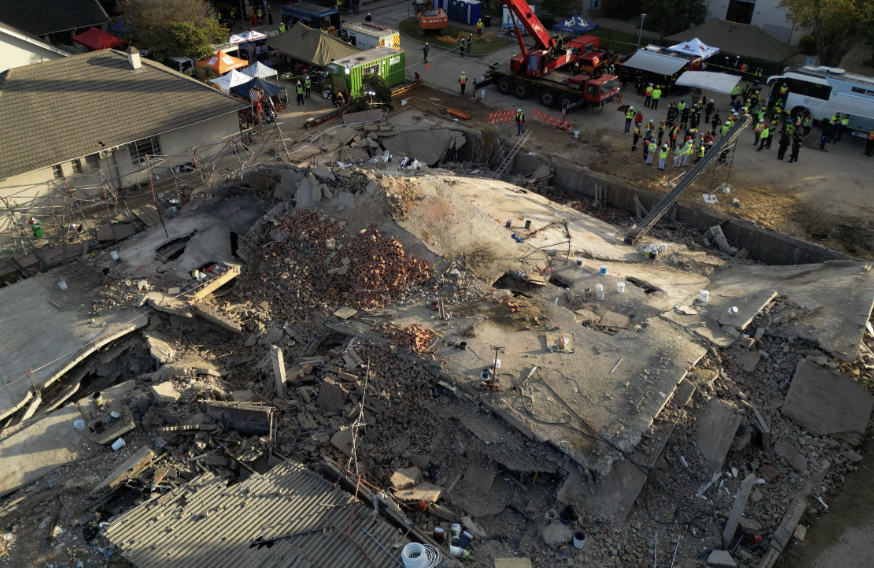
Families of slain officers in Sudan’s failed 1990 coup demand justice

Families of 28 Sudanese army officers who were killed 30 years ago following an attempted coup to remove Omar al-Bashir from office have demanded justice for their murder.
The families have been emboldened in their quest following the removal of al-Bashir from power in April last year following months of civilian protests against his rule.
The officers attempted to remove al-Bashir in April 1990 less than a year after he assumed office through a military coup which saw Sadiq al-Mahdi’s administration deposed.
The officers were arrested, put through a hasty military trial and subsequently executed under unclear circumstances. The location of the officers’ burial site was kept secret for decades.
Last week, Sudan’s public prosecutor said that authorities had discovered a mass grave which most likely contained the remains of the officers. The bodies are yet to be exhumed.
The public prosecutor told the families of the officers that “such crimes will not pass without a just trial”.
The families banded together quickly in the aftermath of the incident and attempted to seek answers and justice for the officers but the government of al-Bashir ruthlessly dealt with their attempts. Their protests outside government buildings were violently dispersed with many being arrested by security forces. Some of them were banned from taking up civil service jobs while others fled the country into exile.
The families also took part in the civilian protests which resulted in al-Bashir’s removal from office, including the protest camp outside army headquarters in Khartoum.
Awatef Mirghani, a sister to one of the officers, told AFP that the manner of the officers’ trial, execution and hasty burial was a “violation of human dignity”.
“We have been searching for their graves for 30 years. It was a heinous crime. There was no trial, no investigation and they were executed only 24 hours after their arrest.”
Fathiya Kembal, a wife of one of the officers named Bashir Abudeik, said the discovery of the mass grave was a bittersweet moment.
“We now have mixed feelings, we feel relieved that their graves were found but we also remember the way they were killed and the perpetrators of this crime should face justice,” Kembal told AFP.
Kembal added that the officers’ families will like to do justice by reburying their remains properly and giving them a military funeral.






